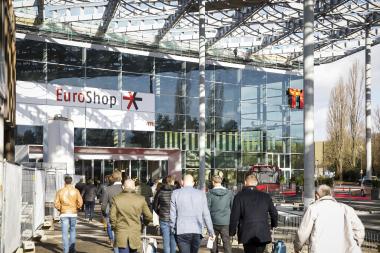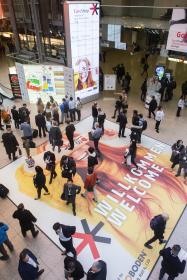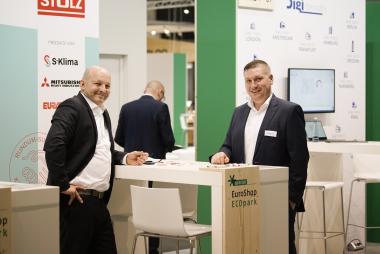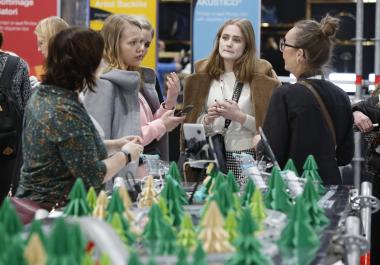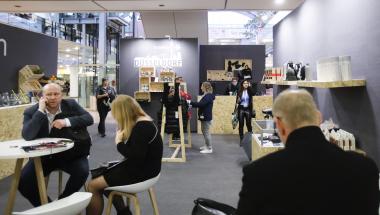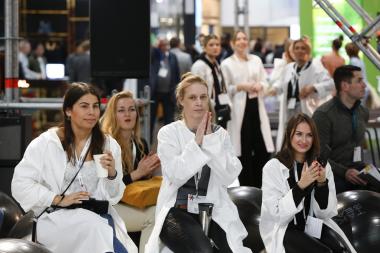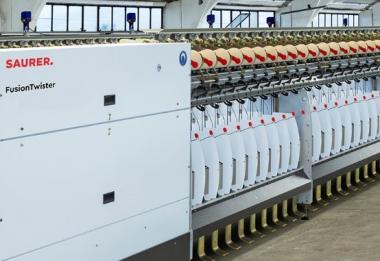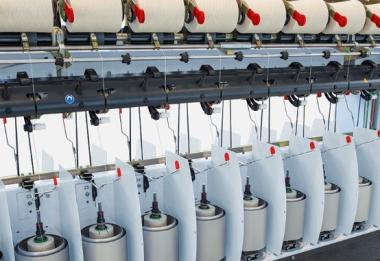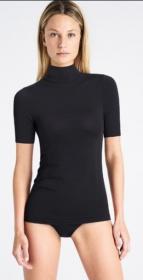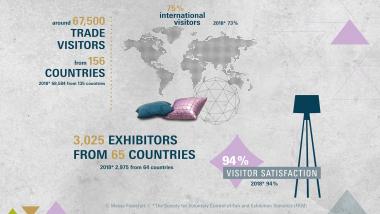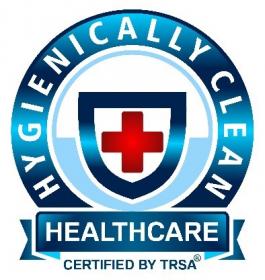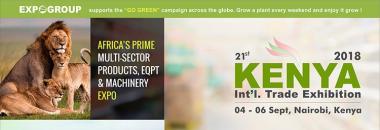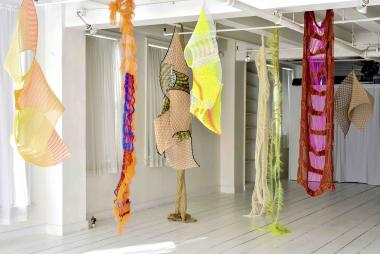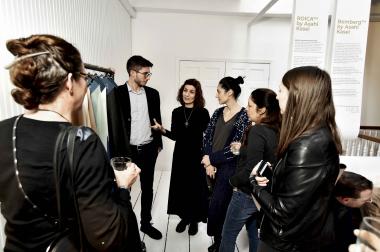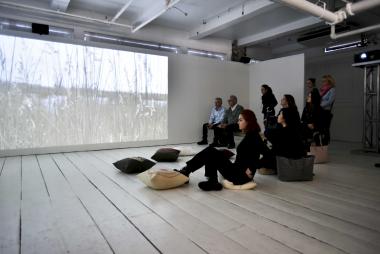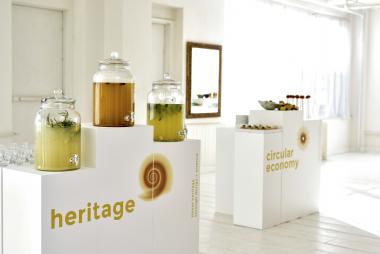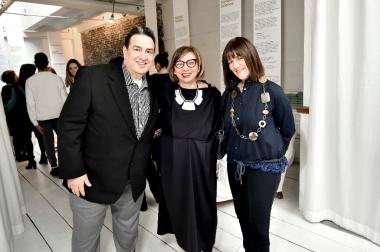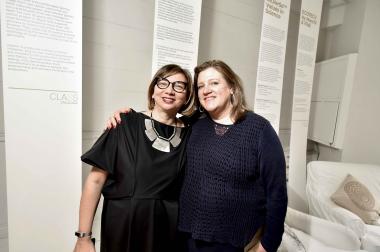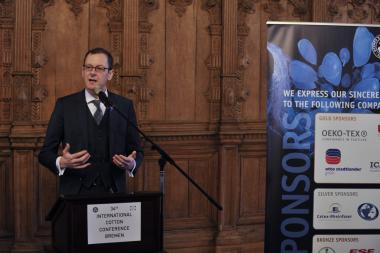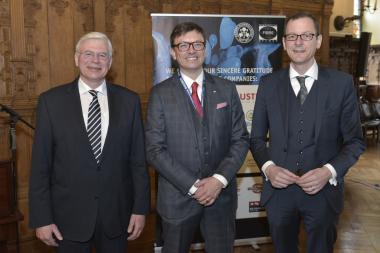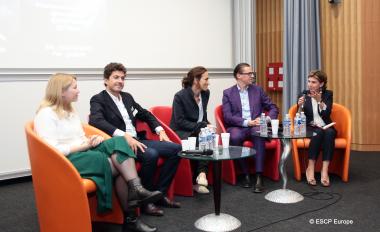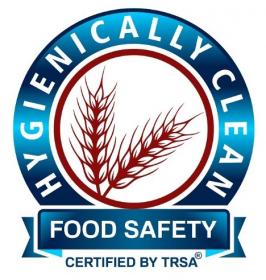NCTO Responds to China Commission’s Report on Forced Labor in China to Produce Global Products
National Council of Textile Organizations (NCTO) President and CEO Kim Glas issued the following statement today in response to the Congressional-Executive Commission on China’s staff report on the forced labor of Uyghurs and other minorities in China to produce consumer products for global companies.
We share the concerns of the bipartisan China commission regarding forced labor in China that is used to produce goods for global companies. We agree with the findings and the commission’s recommendations to the administration and Congress to take action against the systemic abuse of forced labor.
As the commission’s report details, Chinese apparel exporters have clearly profited from the virtual enslavement of this minority population, and we call for continued scrutiny and the end to this exploitation of a repressed people. The commission has served a fair warning to U.S. businesses and consumers to not be complicit in these forced labor practices.
NCTO is a Washington, DC-based trade association that represents domestic textile manufacturers, including artificial and synthetic filament and fiber producers.
- U.S. employment in the textile supply chain was 594,147 in 2018.
- The value of shipments for U.S. textiles and apparel was $76.8 billion in 2018.
- U.S. exports of fiber, textiles and apparel were $30.1 billion in 2018.
- Capital expenditures for textile and apparel production totaled $2.0 billion in 2017, the last year for which data is available
NCTO
NCTO





